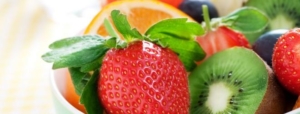For the Benefit of Consumers, It’s Time to Promote Positive, Reassuring Information
3/8/2017 11:01 AM
It is frustrating to see the Environmental Working Group (EWG) still releasing a “dirty dozen” list in 2017. EWG’s “list” has been repeatedly discredited by scientists and now peer reviewed studies show EWG’s message potentially discourages consumption of the very foods health experts universally agree we should all eat more of every day for better health and a longer life.
And, EWG continues to put out a new list despite the Centers for Disease Control reporting that only one in 10 Americans eat enough fruits and veggies each day. If EWG really cares about public health, isn’t it time for them to move away from 20-plus years of “dirty dozen” lists and toward promoting positive nutrition information that benefits consumers?
Interestingly, at times they do. And this contradictory positioning only proves more confusing to consumers. But let’s examine what positive things EWG says about conventional and organic produce in other “studies” they have released.
- In EWG’s new “Rethinking Cancer” report, they provide a Cancer Defense Diet. Their first recommendation: “The evidence is clear: Eating a variety of fruits, vegetables and other plant-based foods is essential to building a cancer-fighting diet.” You would be correct EWG. In fact, a peer reviewed paper published in the journal of Food and Chemical Toxicology found that if half of Americans increased their consumption of a fruit and veggie by a single serving per day, 20,000 cancer cases could be prevented annually.
- In EWG’s “Food Scores” report they call conventionally grown produce, like strawberries, a “best food” and recommend increased consumption. Here’s EWG’s statement which accompanies their recommendation to eat more conventionally grown produce: “Fill half your plate with fruits and vegetables. Eating a variety of fresh fruits and vegetables–especially dark green, red and orange varieties, as well as beans and peas–is an essential part of a healthy diet. Fruit and vegetable intake is associated with reduced risk of heart attack, stroke and some types of cancers (USDA and DHHS 2010). Fruits and vegetables are also key sources of potassium and dietary fiber–nutrients that many Americans do not get enough of. Perhaps that’s because on average, Americans eat only 42% and 59% of the recommended intake of fruits and vegetables, respectively (USDA and DHHS 2010), making them one of the few foods we should all eat more of.”
Contrast these EWG statements with their disparaging safety messaging that accompanies the “dirty dozen” list and no wonder consumers get confused. As we have stated previously, EWG can’t refer to healthy and safe fruits and veggies one day as a “best food,” and recommend increased consumption then another day call those very same produce items “dirty.”
At the Alliance for Food and Farming our goal is to present credible, science based information so that facts, not fears, can guide consumers’ shopping choices. Our message is consistent and strongly supported by science: “Eat more fruits and veggies every day for better health and a longer life. Both organic and conventional produce is safe and can be eaten with confidence.”
We have been aggressively promoting this message along with science-based information since 2010. And, we have seen some positive results including the significant decline in media and blogger coverage of the “dirty dozen” list release. We hope this trend of declining coverage continues in 2017. The science and consumption statistics certainly support it.
Two decades is enough EWG – it’s time to adopt one consistent message about produce and use your considerable resources to promote increased consumption, instead of fear.




Leave a Reply
Want to join the discussion?Feel free to contribute!